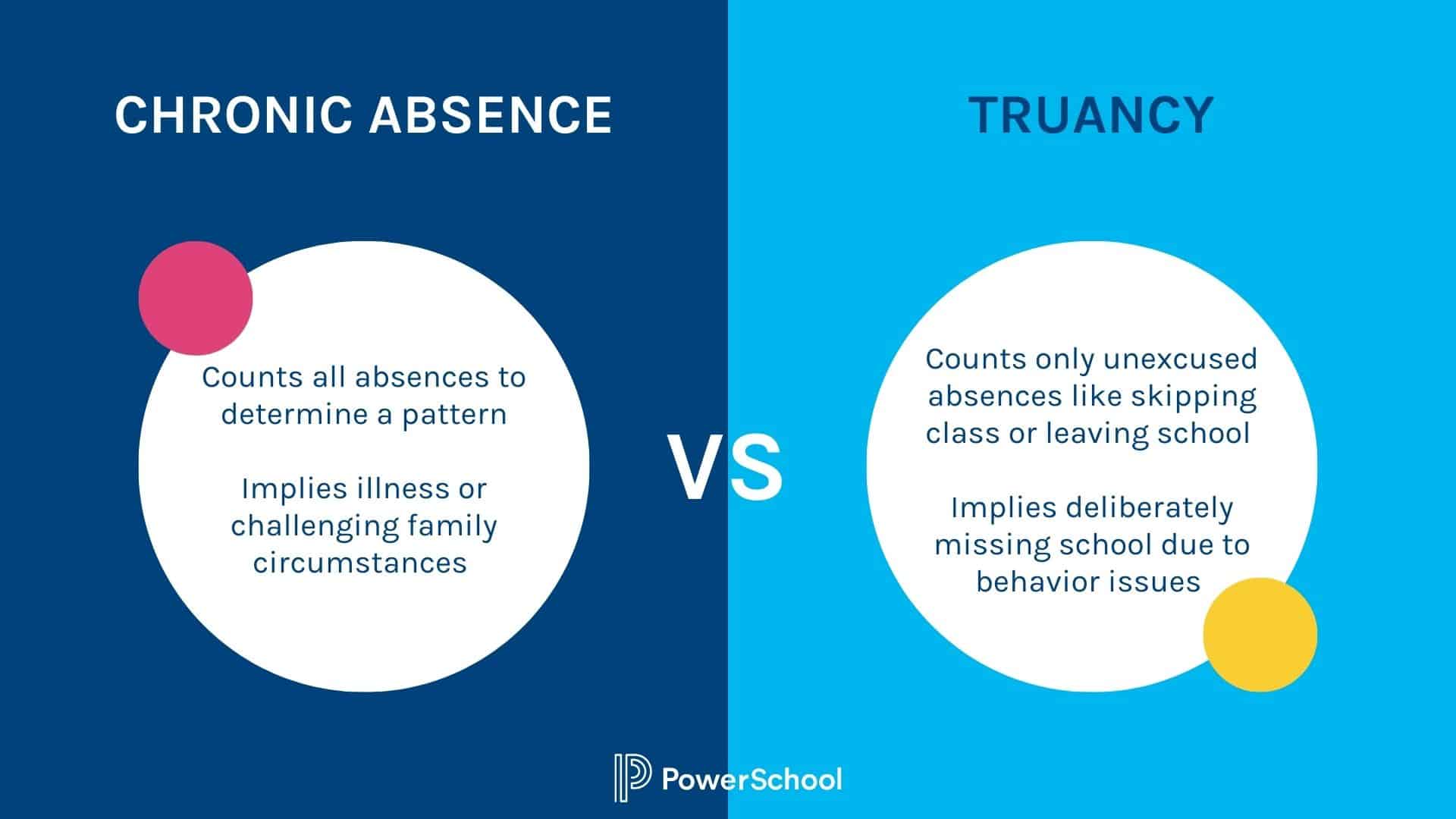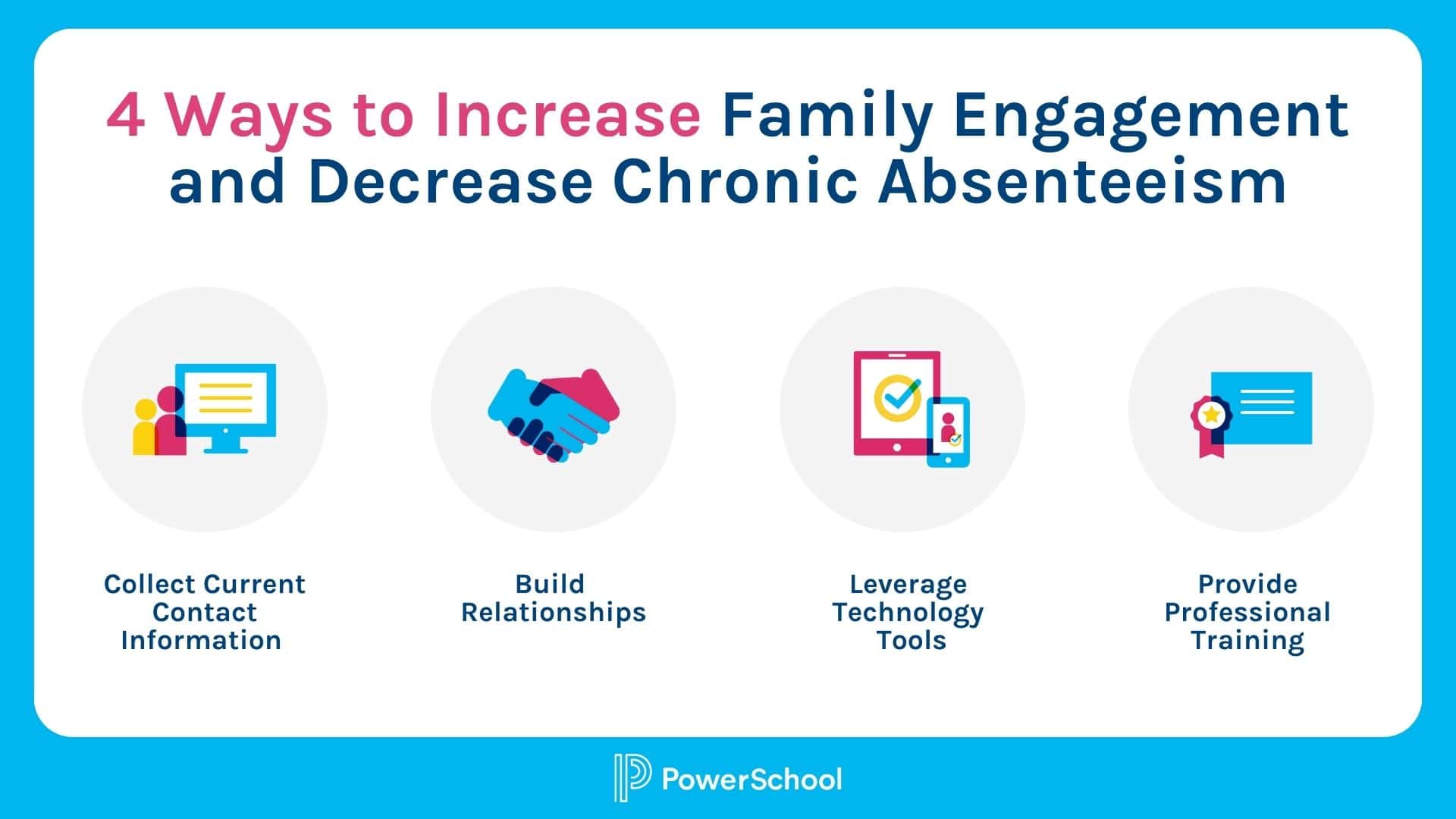## Introduction
In the wake of the Covid-19 pandemic, the Labour party has pledged to address the alarming crisis of pupil absences and child mental health, aiming to reset the “broken relationship between schools and families.” This commitment comes as part of their comprehensive plan to tackle the generational challenges faced by schools and students in England. Meanwhile, the government has also announced its initiatives to improve school attendance rates. In this article, we will explore the Labour party’s proposals, the government’s measures, and the significance of addressing school absences and enhancing the school-family relationship.
The Crisis of Pupil Absences
Labour’s shadow education secretary, Bridget Phillipson, has highlighted the pressing issue of persistent absenteeism, stating that one in five children are regularly out of school. Shockingly, this figure is projected to rise to one in four. These high rates of absenteeism have severe consequences, not only for the individual child but also for the entire school community. Phillipson emphasizes that this crisis is not confined to the pandemic era but has worsened over time, even before the outbreak.
Labour’s Approach to School Absences
Labour has recognized the urgent need to address pupil absences and proposes a multifaceted approach to tackle this issue. Their plan includes the provision of more mental health counsellors in secondary schools and the implementation of universal free breakfast clubs for every primary school pupil. By prioritizing mental health support and ensuring access to nutritious meals, Labour aims to create a conducive environment for students, nurturing their overall well-being and encouraging regular attendance.

Parents also play a crucial role in combating absenteeism. Phillipson urges parents to reflect seriously on the impact of unnecessary absences, such as holidays or trips, on their children’s life chances. Recognizing that education is a once-in-a-lifetime opportunity, Labour emphasizes the importance of maximizing school attendance to optimize children’s learning and development.
The Broken School-Family Relationship
Labour argues that the broken relationship between schools and families has significantly contributed to the attendance crisis. They contend that the Conservative party has failed to address this issue adequately, accusing them of offering superficial measures that merely scratch the surface of a generational challenge. The Conservatives’ lack of focus on the school-family connection has resulted in historic levels of persistent absence.
To bridge this gap, Labour aims to reset the school-family relationship, fostering stronger collaboration and communication. By doing so, they believe it will help create a supportive environment that encourages regular attendance and provides the necessary support for children’s educational success.
Public Opinion and the Importance of Attendance
Public opinion plays a vital role in shaping policies related to education. A survey conducted by the Centre for Social Justice thinktank revealed that 28% of UK parents agreed that the pandemic has shown that daily school attendance is not essential. However, the majority (58%) disagreed with this sentiment. When asked directly about the importance of attendance, an overwhelming 88% of parents agreed that it is vital for children to attend school as much as possible, with only 8% disagreeing.
These findings highlight the consensus among parents that regular attendance is crucial for children’s education and future prospects. It underscores the need for effective measures to address the attendance crisis and strengthen the school-family relationship.
Government Initiatives to Improve Attendance
Recognizing the urgency of the attendance issue, the government has also announced its efforts to improve school attendance rates. The Department for Education (DfE) plans to expand existing initiatives to tackle absenteeism. One of the key elements of their strategy is the introduction of “attendance mentors” in the ten worst-hit areas. These mentors will provide one-to-one support to approximately 3,600 persistently absent children each year. The government has allocated £15 million in funding for this program.

To further emphasize the importance of attendance, the DfE plans to launch a national campaign with the slogan “moments matter, attendance counts.” While the exact budget for this campaign has not been disclosed, its objective is to raise awareness about the significance of regular school attendance and encourage parents and students to prioritize it.
The Role of Mental Health Support
Mental health is a crucial aspect of student well-being and directly impacts their attendance and academic performance. Labour’s proposal to provide more mental health counsellors in secondary schools aligns with the growing recognition of the importance of mental health support among students. By expanding access to these services, schools can better address the underlying issues that may contribute to absenteeism, ultimately fostering improved attendance rates.
Devolved Education Policy and Labour’s Focus
It is essential to note that Labour’s proposals solely apply to England, as education policy is devolved to national governments. While they can implement their plans within England, it remains the responsibility of the respective national governments in Scotland, Wales, and Northern Ireland to address the attendance crisis and strengthen the school-family relationship in their jurisdictions.
Labour’s focused approach on these issues highlights their commitment to addressing the specific challenges faced within England’s education system, tailoring their solutions to the unique context of the country.
Conclusion
The crisis of pupil absences and the broken relationship between schools and families pose significant challenges to the education system in England. Both Labour and the government have recognized the urgency of these issues and have proposed measures to address them. Labour’s holistic approach, including mental health support and free breakfast clubs, aims to create a supportive environment for students and foster regular attendance. Meanwhile, the government’s initiatives, such as the introduction of attendance mentors and a national campaign, aim to improve attendance rates and raise awareness about its importance. By prioritizing school attendance and strengthening the school-family relationship, significant strides can be made towards ensuring every child’s educational success.
